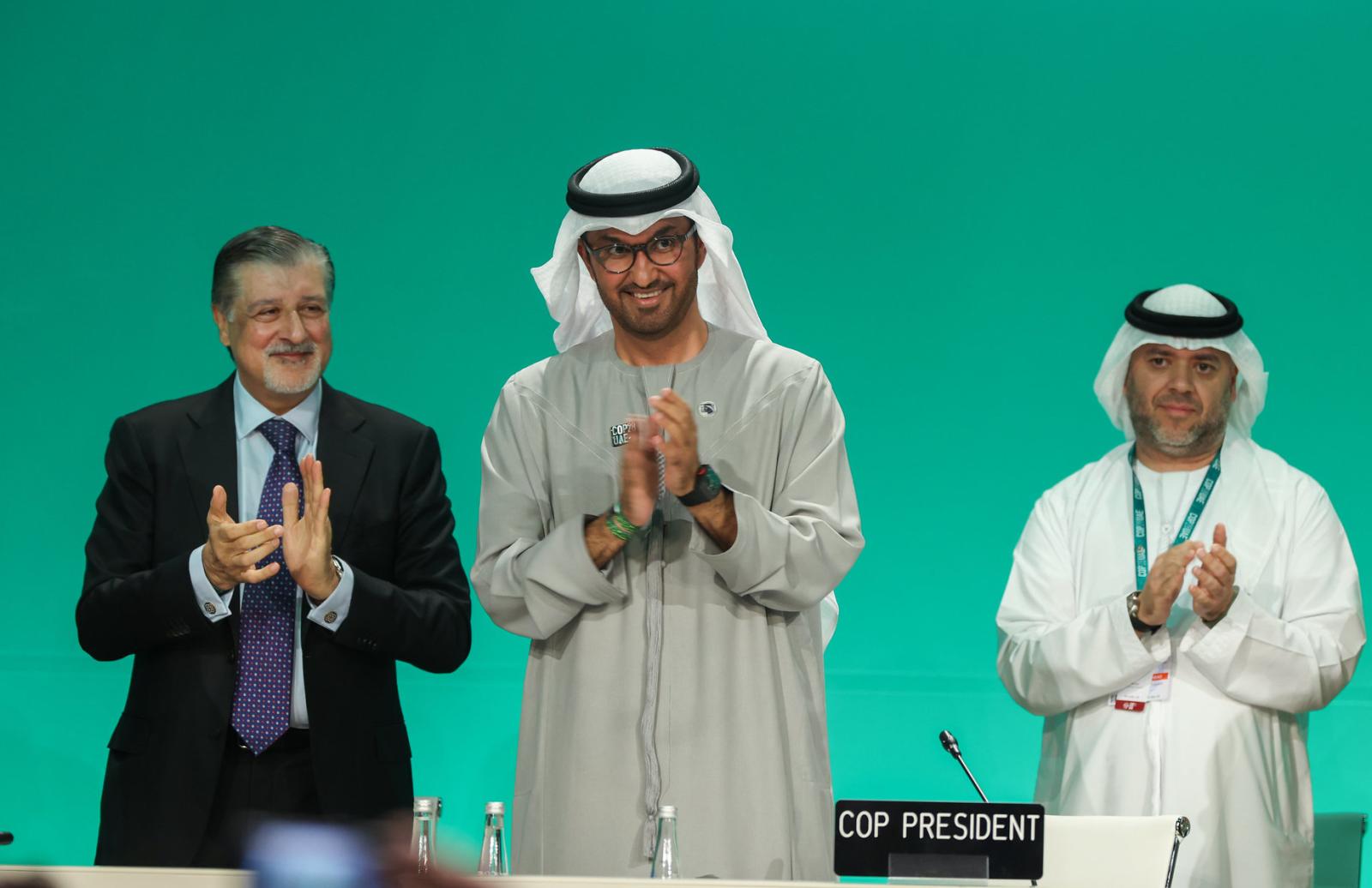The European Research Council (ERC) is a key element in the EU's research funding programme. "Our main aim is to push researchers to be ambitious," told us Jean-Pierre Bourguignon, president of the ERC.
We reached Bourguignon in Genoa, at the Festival della Scienza, where he explained the ERC programme and introduced three researchers who have won an ERC grants. These scientists showed the results they have obtained with their studies: from the mechanisms of time's perception in the human brain to the investigation of Earth's formation through the analysis of diamonds, till the development of touchless, floating displays. We asked them some questions about their work and the ERC grants.



